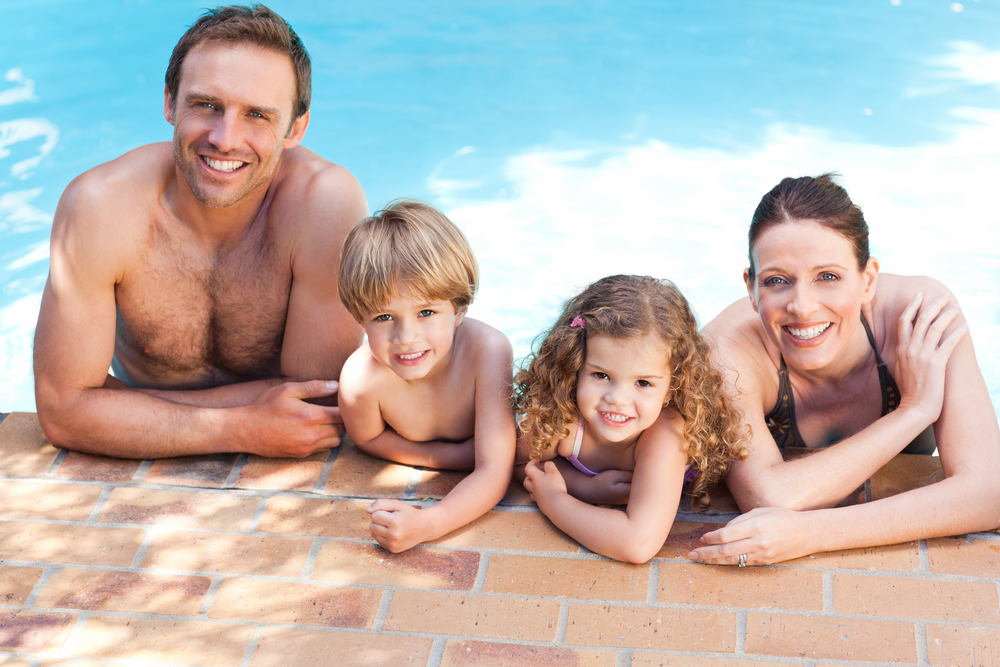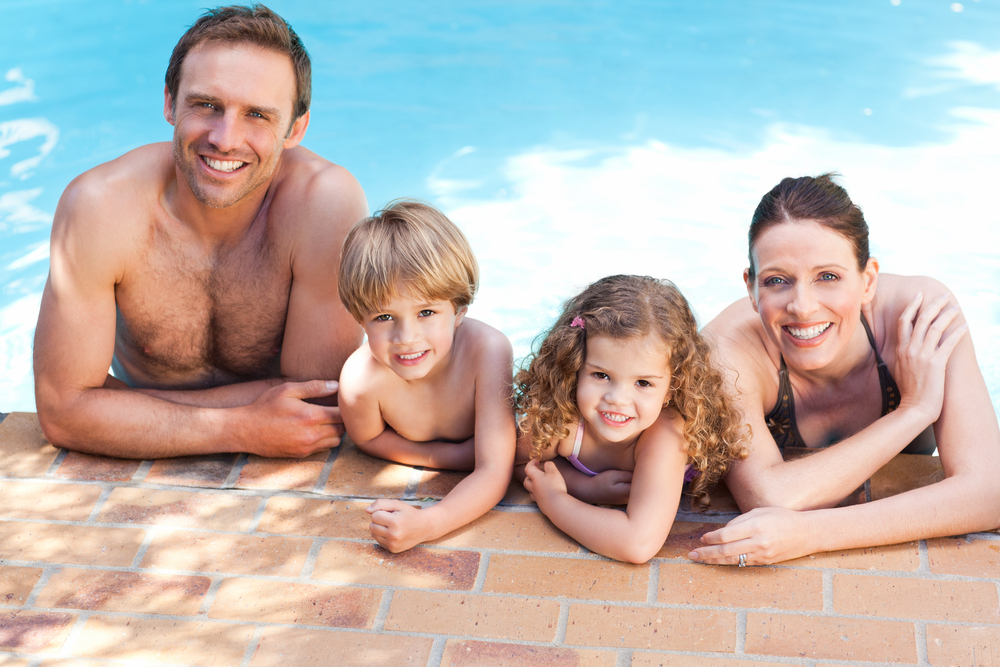Hey there ORC Families!
Jackie here with some backyard pool safety tips. It's getting that time of year when we all start thinking about opening our pools. This could be a great way to keep everyone happy and active while social distancing. If you're able to open your own without any assistance, you could be in the water within a few short weeks!
With that in mind, I wanted to share a few safety tips. Remember, it only takes a moment!
Why Is Water Safety So Important?
A child or weak swimmer can drown in the time it takes to reply to a text, check a fishing line or apply sunscreen. Death and injury from drownings happen every day in home pools and hot tubs, at the beach or in oceans, lakes, rivers and streams, bathtubs, and even buckets. We believe that by working together to improve water competency – which includes swimming skills, water smarts and helping others – water activities can be safer… and just as much fun.
Backyard Pool Safety
Never leave children alone in or near the pool or spa, even for a moment; close supervision by a responsible adult is the best way to prevent drowning in children. Never leave your child alone; if you must leave, take your child with you.
Install a fence at least 4 feet high around all four sides of the pool. The fence should not have openings or protrusions that a young child could use to get over, under, or through.
Make sure pool gates open out from the pool, and self-close and self-latch at a height a child can't reach. Consider alarms on the gate to alert you when someone opens the gate. Consider surface wave or underwater alarms as an added layer of protection.
The safest fence is one that surrounds all 4 sides of the pool and completely separates the pool from the house and yard. If the house serves as the fourth side of the fence, install an alarm on the exit door to the yard and the pool. For additional protection, install window guards on windows facing the pool. Drowning victims have also used pet doors to gain access to pools.
Keep all your barriers and alarms in good repair with fresh batteries.
Keep rescue equipment (a shepherd's hook – a long pole with a hook on the end — and life preserver) and a portable telephone near the pool. Choose a shepherd's hook and other rescue equipment made of fiberglass or other materials that do not conduct electricity.
Avoid inflatable swimming aids such as "floaties." They are not a substitute for approved life jackets and can give children and parents a false sense of security.
Avoid entrapment: suction from pool and spa drains can trap a swimmer underwater. Do not use a pool or spa if there are broken or missing drain covers. Ask your pool operator if your pool or spa's drains are compliant with the Pool and Spa Safety Act. If you have a swimming pool or spa, ask your pool service representative to update your drains and other suction fitting with anti-entrapment drain covers and other devices or systems.
Large, inflatable, above-ground pools have become increasingly popular for backyard use. Children may fall in if they lean against the soft side of an inflatable pool. Although such pools are often exempt from local pool fencing requirements, it is essential that they be surrounded by an appropriate fence just as a permanent pool would be so that children cannot gain unsupervised access.
If a child is missing, ALWAYS check the water first. Seconds count in preventing death or disability.
Share safety instructions with family, friends and neighbors.
Kind Regards,
Jackie Avdichuk
Aquatics Director
Ontario Racquet Club





